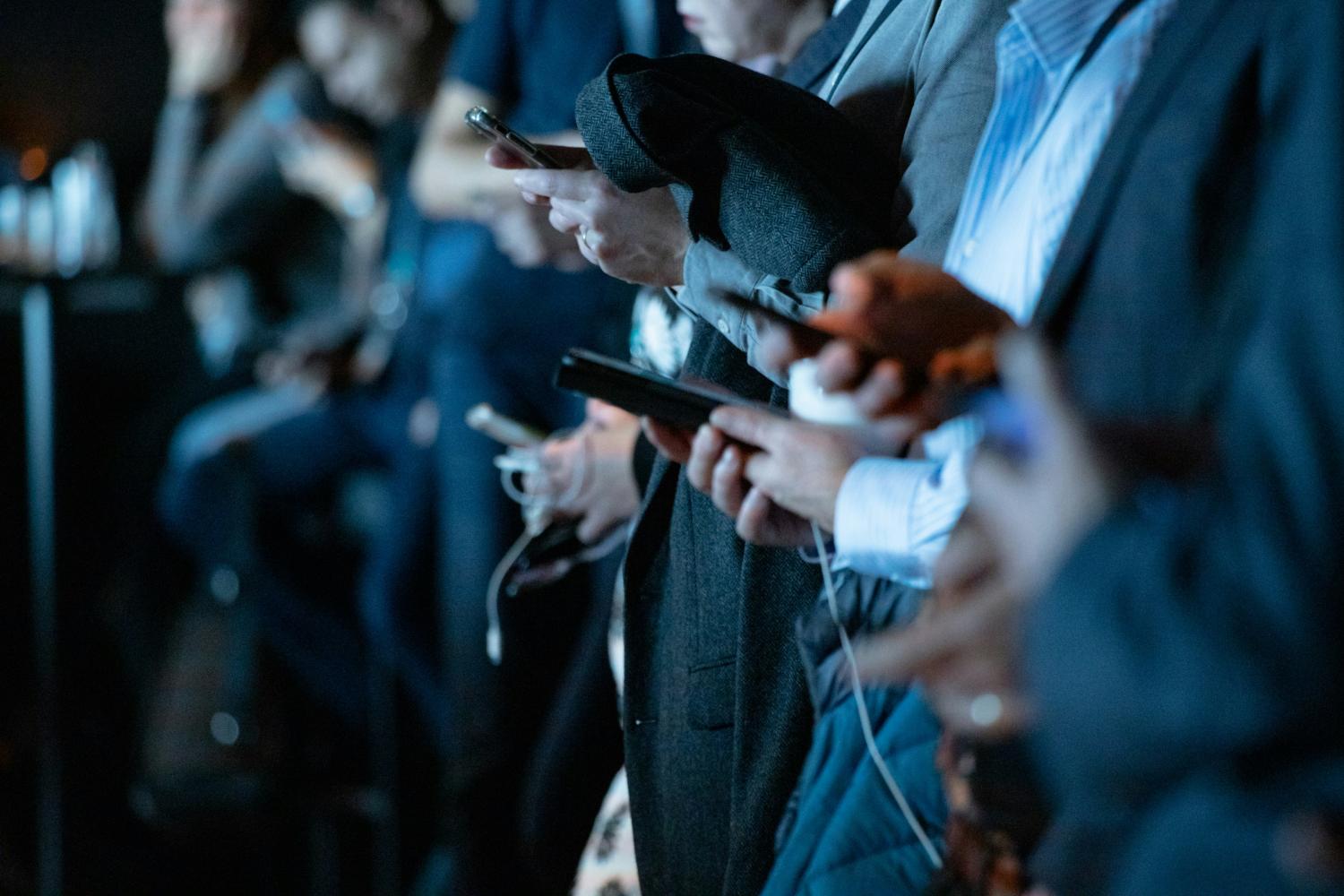
TikTok. It’s been the subject of more headlines recently than one might expect, for an (apparently) harmless social media platform. But as the promised Trump ban on the app has threatened to go into effect, following its Chinese company owner’s refusal to sell it to an American buyer, the platform has been the source of more controversy than just questions of what social media may be doing to our brains. At issue have been issues of national security: TikTok aggressively harvests its users’ data and keystrokes even when they’re not using the app, creating inroads for access to sensitive data such as login credentials and bank account information. The provocative ban has meant to block those inroads, even if there’s social, political, or economic fallout as a result.
And yet, this First Things author doesn’t want to leave behind the question of what social media may be doing to our brains. “TikTok Is Digital Fentanyl – U.S. Ownership Won’t Change That,” reads her headline. Even if we ban the platform now for political reasons, she suggests, we’ve not come face to face with the question of whether, and how, the app might be harming us in ways that go far beyond questions of privacy – ways that would persist even if an American company were to manage it. The political question, for her, may be distracting us from more basic, anthropological ones . . . a trick that political questions often play on us.
Indeed, one of the key aspects of this particular political tangle is the use of the app’s consumers – their data, of course, but also their position as passive receivers of algorithm-generated, politically-skewed content. But even if there were no tangle on the level of international relations and political party sympathies, here, this position as mere consumer, as passive receiver, risks locating the person as much less than he or she really is. One becomes little more than a machine operator upon clicking into the app, at the mercy of technology that does the thinking for him or her so long as he or she keeps scrolling. The only demand made of the mind is to take in information, but not to problem solve with it, or to organize it, or to relate it to a larger, meaning-making system. And this simply isn’t what our minds are made for.
John Henry Newman once gave a lecture upon “the discipline of mind” that the human person is meant to cultivate – “a habit of order and system, a habit of referring every accession of knowledge to what we already know, and of … [using] certain principles as centers of thought, around which our knowledge grows and is located.” This requires a refusal to be passive: the mind needs to be exercised, much like the body does. It needs to get into the habit of creative, flexible, critical, receptive engagement, of active and assiduous handling of the material it’s presented with. Without that, it risks holding only “a litter of ideas, heaped up into the mind anyhow.” And that might be the best TikTok can offer: a “litter of ideas, heaped up anyhow.”
So: to call TikTok “digital fentanyl,” as this author does, or its users “dopamine robots,” might seem little more than points of political cachet, with the TikTok issue running at the hot-blooded level it is. After all, the argument goes, TikTok – all social media – is at the end of the day just a tool, which can be used for good or for ill. But some tools take very much wisdom to use well, and these points of political cachet might be pointing to a deep reality. We need to use tools, after all, and not be used by them; we need to be humanized by tools, and not diminished by them. This particular tool, then – whoever its owner – might require just a bit more thought as to how we can manage to keep that dynamic straight.
Everyone seeks after happiness, as a boom in secular "happiness studies" reminds us. One author reflects on how happiness studies lets us down.
The Diocese of Jefferson City, Missouri, will hold a synodal consultation on sacred music, after a decree banning specific hymns was rescinded.
The Bishop of Spokane is urging Catholics to oppose a proposed law that would attempt to force priests to break the seal of the confessional.
What does the "tenderness" of Blessed Pier Giorgio Frassati's second miracle show us?


